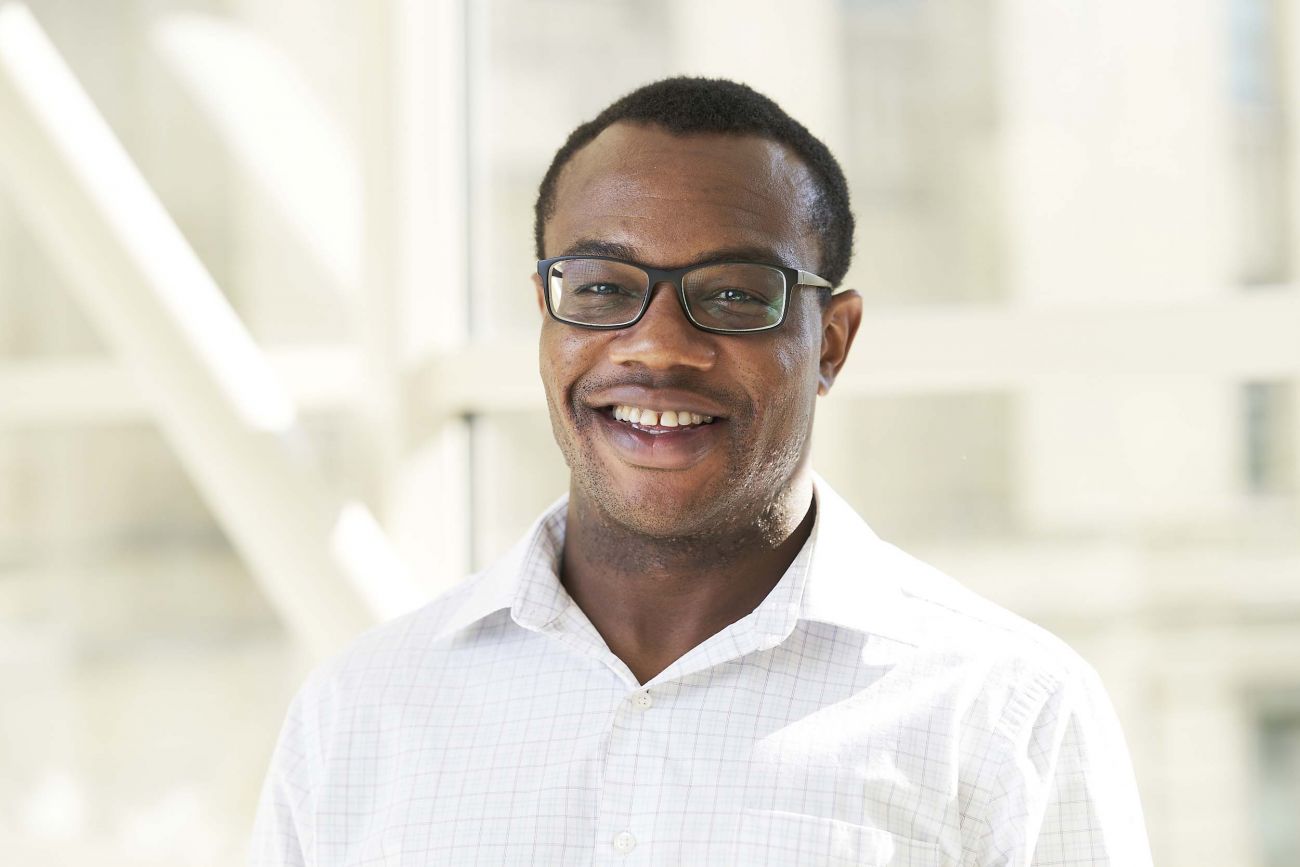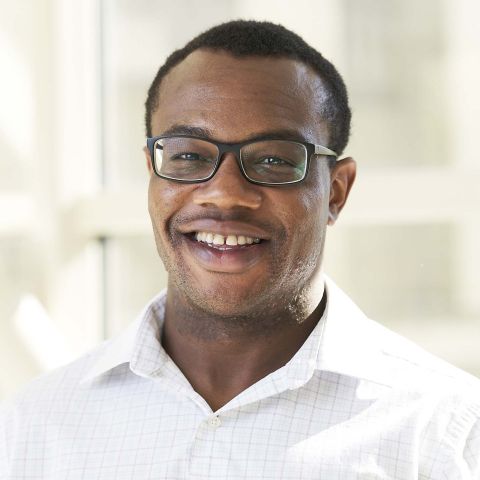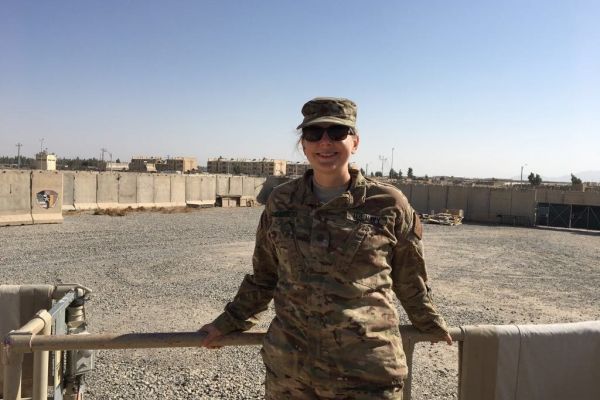As a child, Chinazom Ibegbu, MD, knew that he wanted to study medicine when he got older. He grew up loving science, and his parents were both physicians in Buffalo, New York.
Today, he's a neuro-oncologist in the Department of Neurosurgery at Roswell Park Comprehensive Cancer Center, but neurology wasn't really on his radar when he started his medical education.
"Before medical school, I didn't know what a neuro-oncologist was, really," says Dr. Ibegbu.
Initially, he considered orthopedic surgery as his field of choice, but as his studies progressed, it was the study of the brain that intrigued him.
"When I was in medical school, I found that my interest really lay in neurology. I didn't know what part of neurology exactly until I did my rotation in neuro-oncology and everything just clicked," says Dr. Ibegbu. "I was fortunate to be exposed to a neuro-oncologist and spend some time with him. I thought the level of care, the attention to detail, the mixture of imaging and treatments with chemotherapy, and treatment of neurologic complications regarding patients' brain tumors and spinal cord tumors was really fascinating. Neurology, really, explains everything we do. It's wide-ranging from what you might consider banal – nerve pain and peripheral neuropathy to serious stuff like ALS and things my specialty involves, like glioblastoma. I found it very fascinating and very intellectually stimulating."
Dr. Ibegbu believes a family friend's experience also may have influenced his interest in neurology.
"While in college, a family friend of mine developed a glioblastoma and I think, subconsciously, seeing what he went through made me interested in neurology and neuro-oncology; and I also have a really strong interest in bioethics," says Dr. Ibegbu.
While a definition of bioethics may vary depending on who you ask, in essence it involves the application of a collection of ethical principles that are uniquely salient across biomedical situations. Bioethics is being considered more in the decision-making process across all medical fields, but especially so when treating brain diseases, as it is often that the very nature of the neurologic disease can compromise a patient’s ability to make decisions.
"For me as a clinician, I try to apply the principles of bioethics in both my clinic and in my research. Sometimes these principles can come into conflict with each other or, at first glance, with goals myself or others in the health care system would like our patients to achieve. I believe that the perspective my bioethics education has provided better enables me to take a patient-centered approach to care; better informing them when there is a conflict in principles to understand the nuance in our decisions together and ultimately putting the patients’ goals and needs above other stakeholders, including myself.”
In sum, bioethics means being transparent, taking a look at the bigger picture and doing right by your patients, something that's even more important to Dr. Ibegbu, working in the city he grew up in.
"I am a pretty flexible person. Although I never dismissed the idea of coming back to Buffalo, it wasn't something that was set in stone. However, when I heard there was a position available at Roswell Park for a neuro-oncologist, something that I had recently finished training for, I leapt at the opportunity to be part of a cancer center that is well renowned and also to come back home where I still have family, who were pumped about my opportunity, to say the least," he jokes.
"When you work in medicine, your job is a public service, and when you're doing it in your hometown, it feels like you're providing almost an extra service for people who you love and care about. It adds an extra level of what some might call it stress, or a burden, but I would call it gravitas, to what I do. And it just makes it even that more important that I try and provide the best care for every patient."
Never miss another Cancer Talk blog!
Sign up to receive our monthly Cancer Talk e-newsletter.
Sign up!


